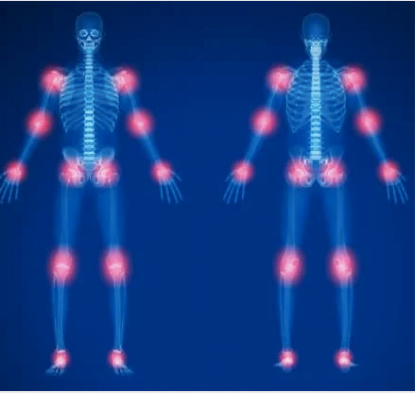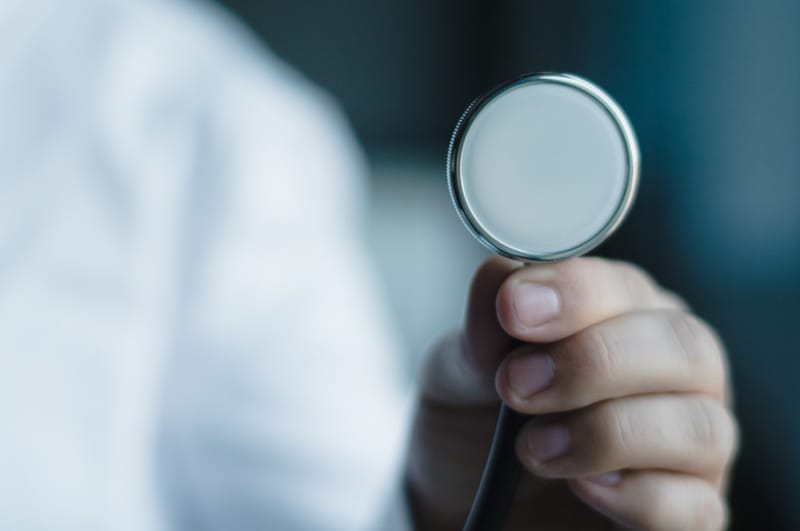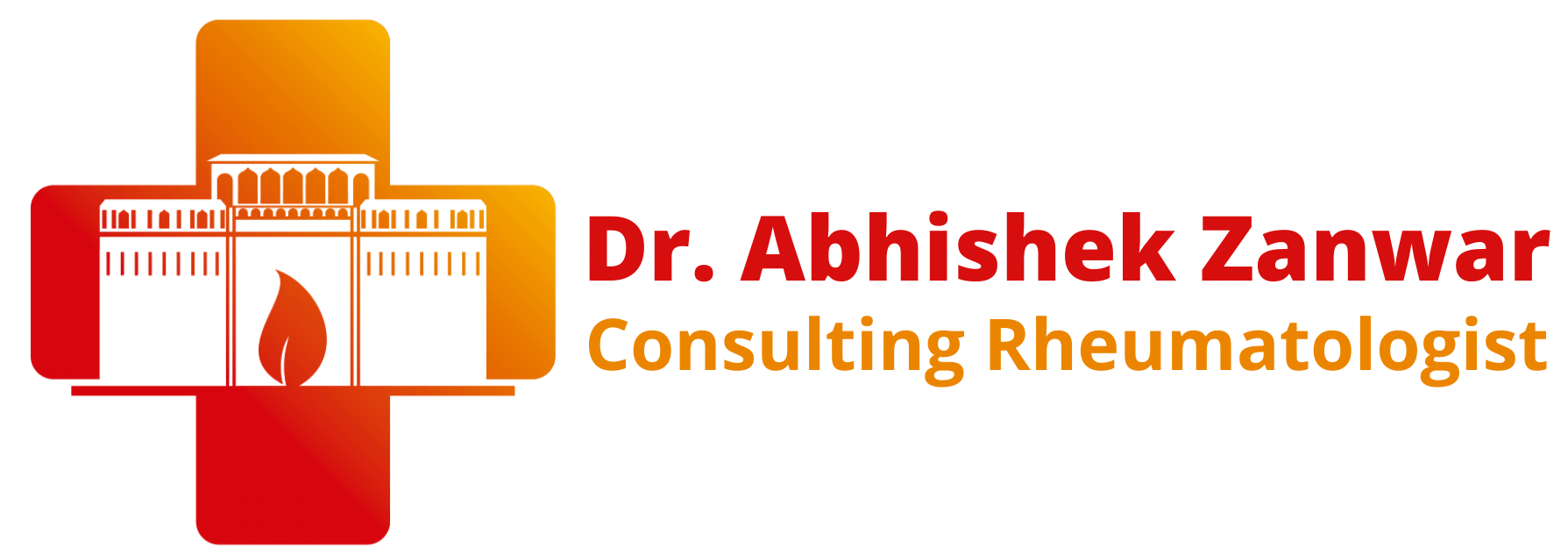Rheumatology Services
When an infection, virus, or germ enters the body, the immune system responds by causing inflammation there. The swelling is intended to encircle and safeguard the sensitive blood arteries and nerves in that region of the body. But we refer to the disorder as an autoimmune disease when inflammation arises unintentionally.
Damage to internal organs, muscles, joints, and nerves can result from autoimmune diseases.

What to Expect from Rheumatology Consultation
Learn what to expect at your rheumatology appointment so that you are prepared. Having a plan will help you save time and ensure a more successful appointment.
Before the appointment
A key step in making a rheumatic disease diagnosis is to examine your symptoms. Take a time to think about the following questions before your appointment to be sure you don’t forget anything important:
- When did you first notice the symptoms?
- Over time, have the symptoms gotten worse?
- Have there been any new symptoms?
- Has anyone in your family ever experienced these symptoms?
- Why did you choose to visit a doctor?
While physical examination and laboratory tests are vital in the diagnosis of rheumatic diseases, discussing your symptoms and how they impact your daily life will help your doctor eliminate other possible causes.
A list of all your current drugs, including vitamins, herbs, and supplements, should also be made. Please note the dosages and the duration of your medication use. This will reduce the risk of drug interactions while helping your rheumatologist in developing an efficient care plan.
Please take a time to write down any basic queries you may have. Our rheumatologists will spend as much time as is required to explain your problem and treatment strategies.

During the appointment
Your doctor will inquire about your symptoms and ask you things like:
- How do the signs impact your day-to-day activities?
- Have you lost enthusiasm for or the ability to take part in things you previously enjoyed?
- Have the symptoms impacted your personal or intimate relationships?
- What things, interests, or over-the-counter medications help you feel better?
- What affects your feeling?
After this discussion, the rheumatologist will evaluate the parts where your symptoms are present and, if necessary, perform a more extensive physical examination. Please be prepared to move about during the appointment as you may be requested to demonstrate your range of motion.
To diagnose the problem, the doctor may request imaging or laboratory tests. To get an accurate diagnosis, you might require several tests. Please be aware that this procedure could take some time and be ready to schedule additional appointments as necessary.

After the appointment
The rheumatologist will create a treatment strategy to reduce your symptoms once a diagnosis has been made. The therapy program may consist of:
- Diet improvements
- Exercise suggestions
- Medication
- Cold/hot therapy
- Relaxation methods
It’s crucial to abide by your rheumatologist’s advice. Your needs, lifestyle, and any co-existing conditions will all be taken into account while creating the treatment plan. Contact your doctor to discuss modifying your treatments or drugs if anything isn’t working or if you have any questions.

Speak with a Rheumatology Expert
Call: 9021173995
Contact us
Call Us
09356207536 / 07249769594
Email Us
Our Location
B-409, Fourth floor, Nyati empress, near Gigaspace IT park, opp. Sambhar hotel, Viman nagar, Pune
